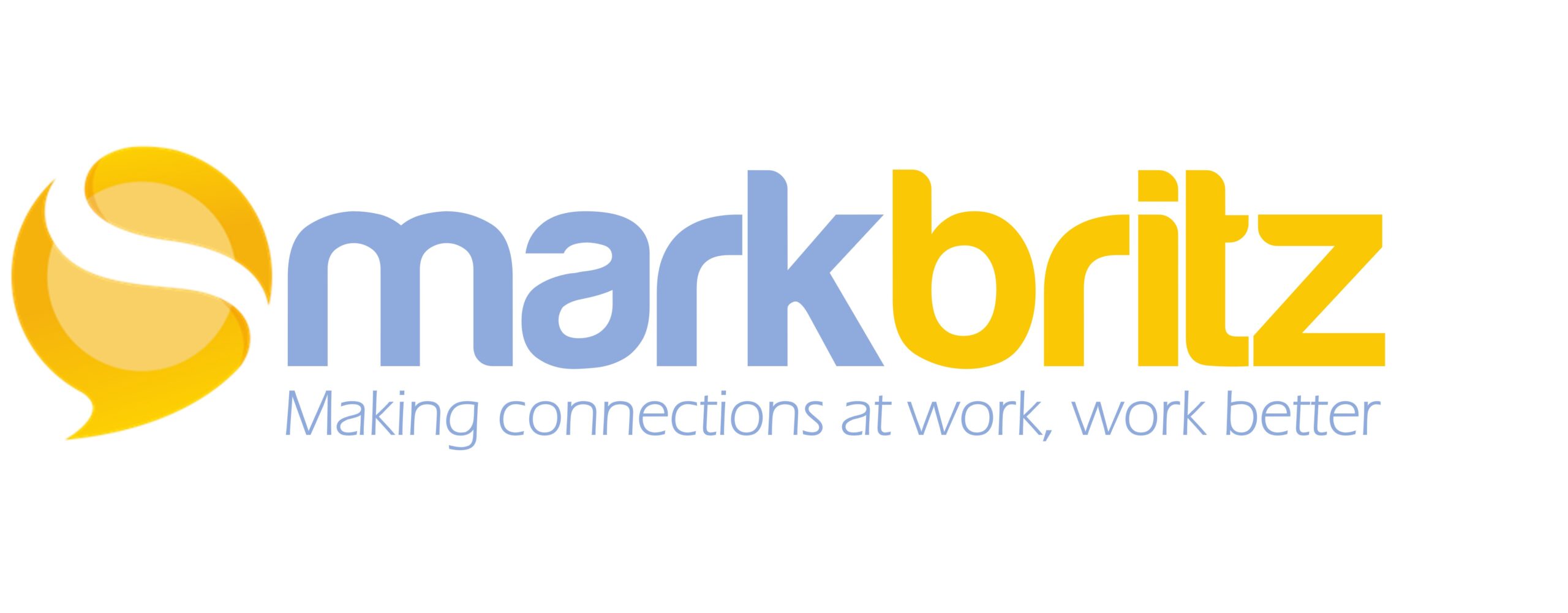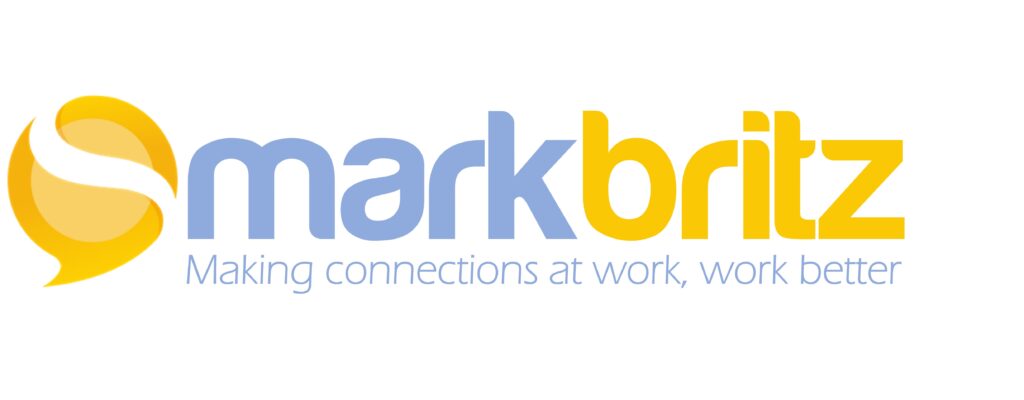It’s been an interesting week in the midst of the national anthem kneeling controversy here in the US. In two separate circumstances a close and a distant friend on Facebook decided to unfriend or block me when I politely disagreed with their “it’s an insult to the military” stand. It took only my one short, dissenting point for them to “shout” at me and cut me off from their safe, ego-stroking echo chambers. Those within the conversation threads do not know that I was blocked but rather probably assume I whimpered away with my tail between my legs. All within now rest easy as uncomfortable dialog was avoided, loved ones empowered, and complex issues made simple. The lesson: Shout loud, shout angrily, and have the last word.
The action each of these people took surprised me, one more than the other stung as it was my childhood friend, but I was left seeing them both still as children; not getting their way (a unified voice of support) they chose to slam the door and stomp away. No matter how you feel about politics or The President of the United States, this was his strategy throughout the campaign and even today; shout, shout angrily, and have the last word. No debate, no dialog, no conversation. Mr. Trump’s behavior is disturbing but it is more clearly a reflection of much of our society.
A silo mentality can occur when a team or department shares common tasks but derives their power and status from their group. They are less likely to share resources or ideas with other groups or welcome suggestions as to how they might improve. Collaboration in a business culture with silos among teams or departments will be limited, unless collaboration benefits the members of the department. In addition, the members of a silo tend to think alike. They get their power from association with their function and their shared technical knowledge.
I’ve been striving to dissolve these business silos with my work in social technologies over the years. I have helped my own company’s people understand and use technology to find others, find resources and share more openly. The company leadership always welcomes it as they believe correctly that it will help them remain agile, keep people engaged and lead to innovative solutions. However, they quickly realize the organization’s culture stands in the way. No org culture is one where people are shouting however snuffing out difference is still accomplished. Organizations have systems that separate and prevailing beliefs that hoarding knowledge leads to power, failing is not acceptable, and being wrong is a sign of weakness. Their people seek agreement not because it is the right approach but because they don’t want to be ostracized and seen as difficult. So debate is suppressed, monologue is chosen over dialog, and conversation is contained.

